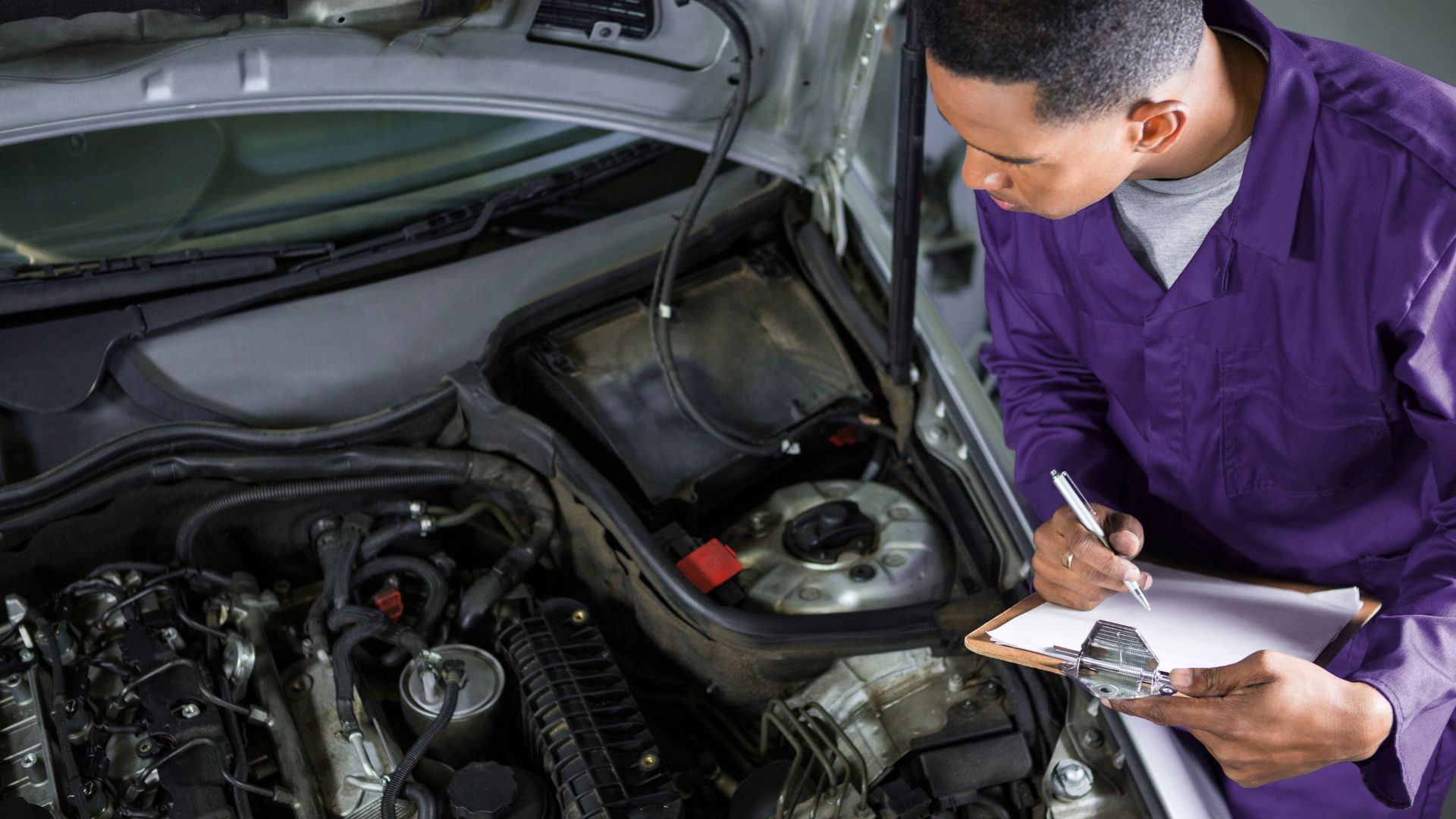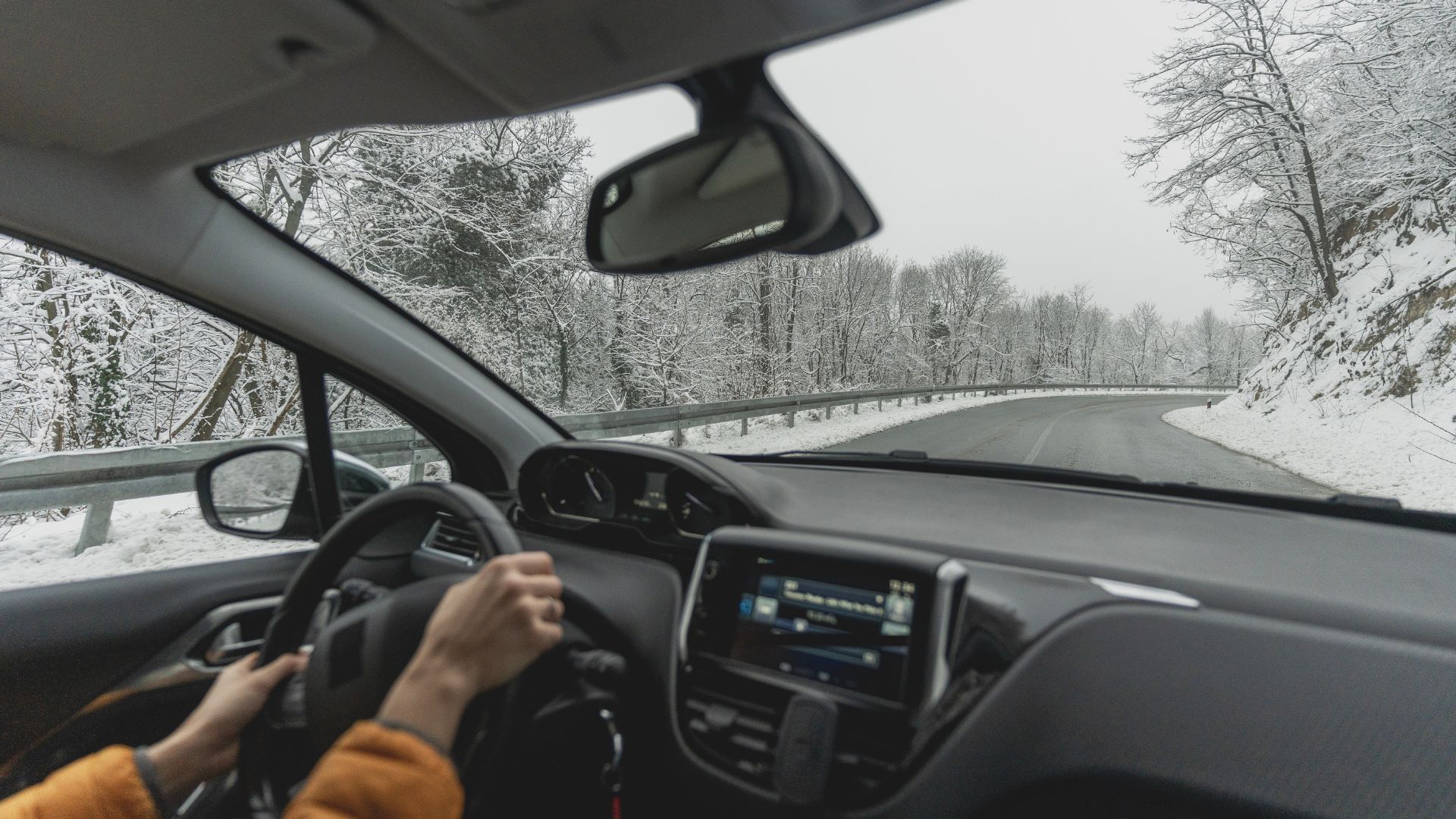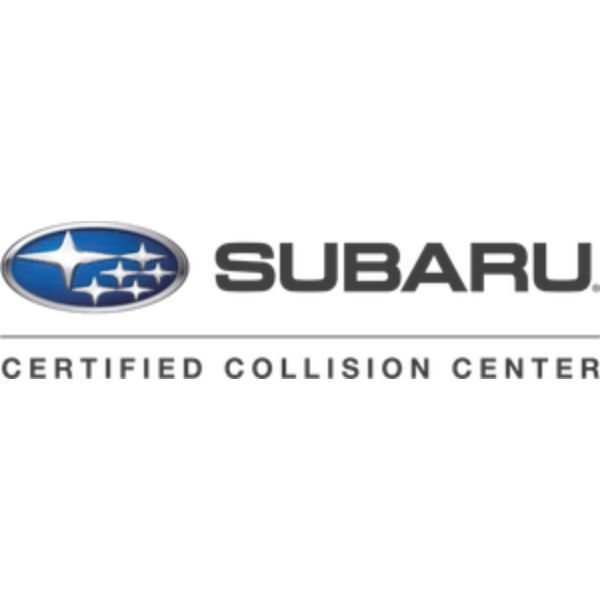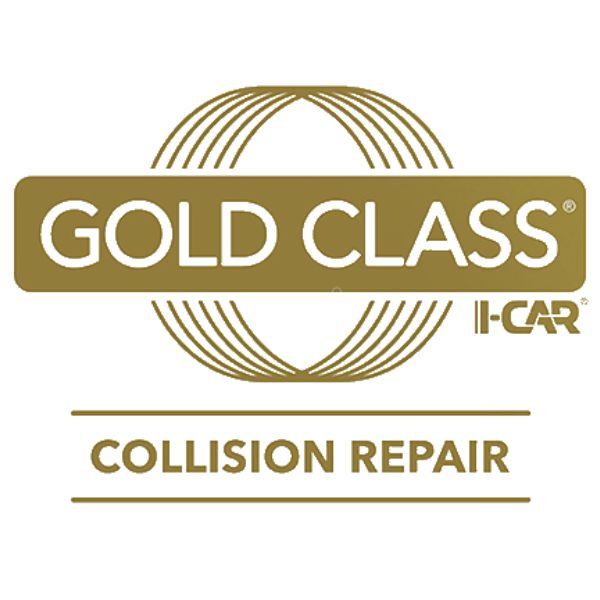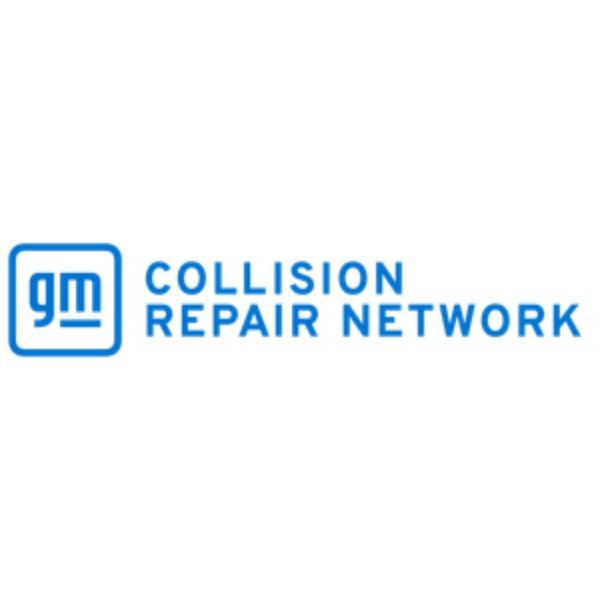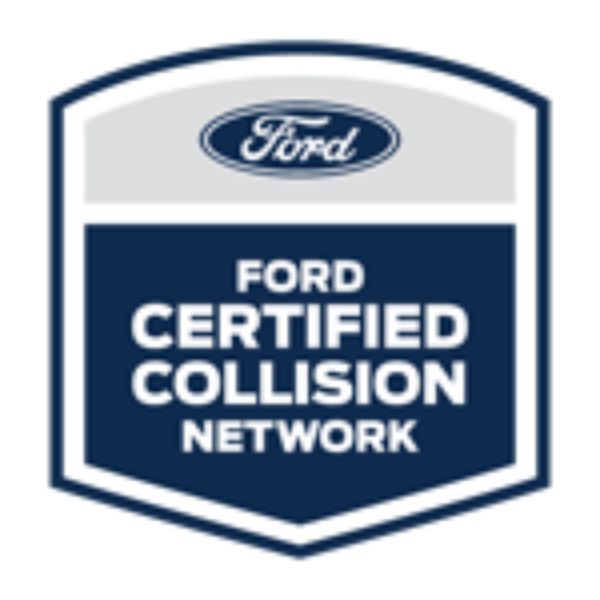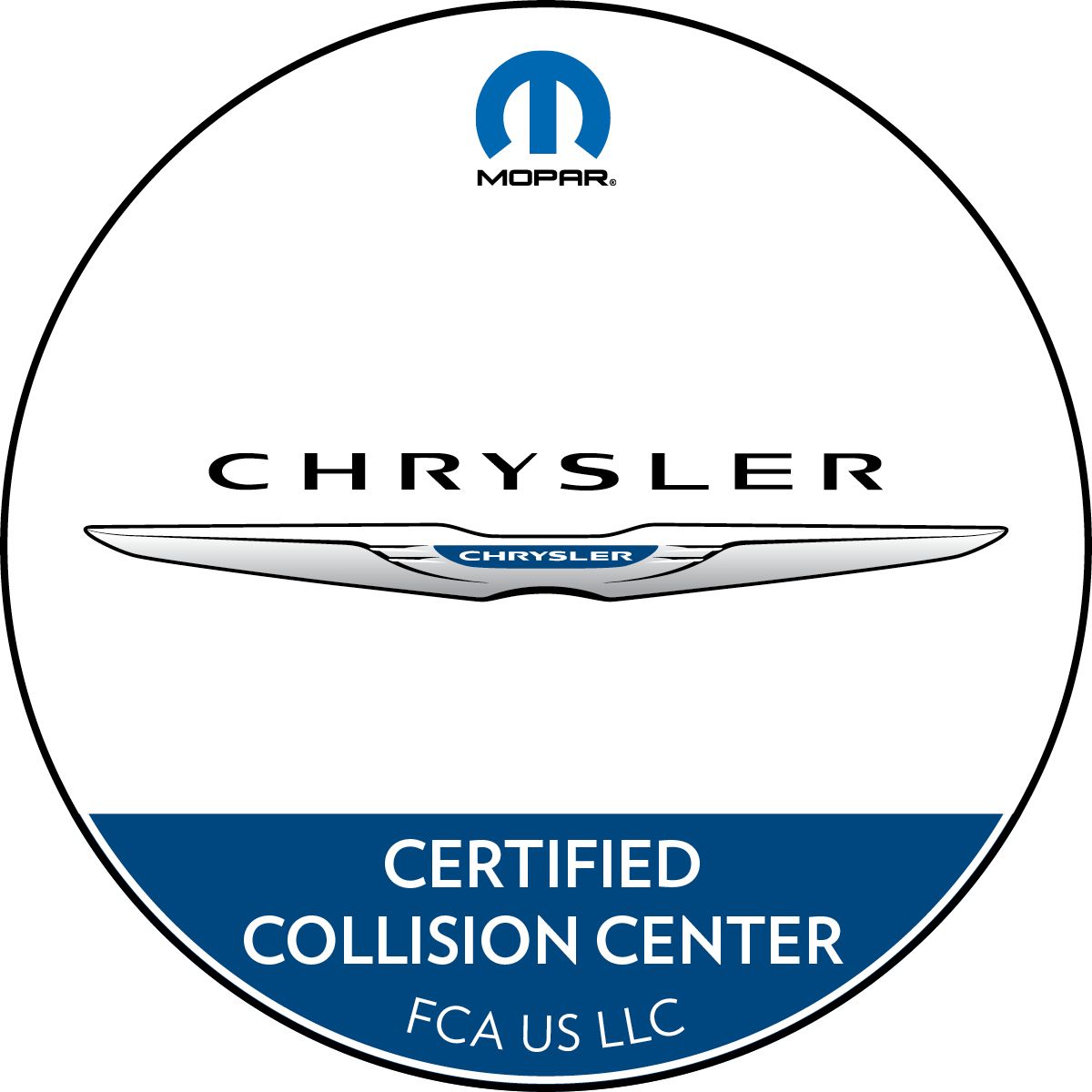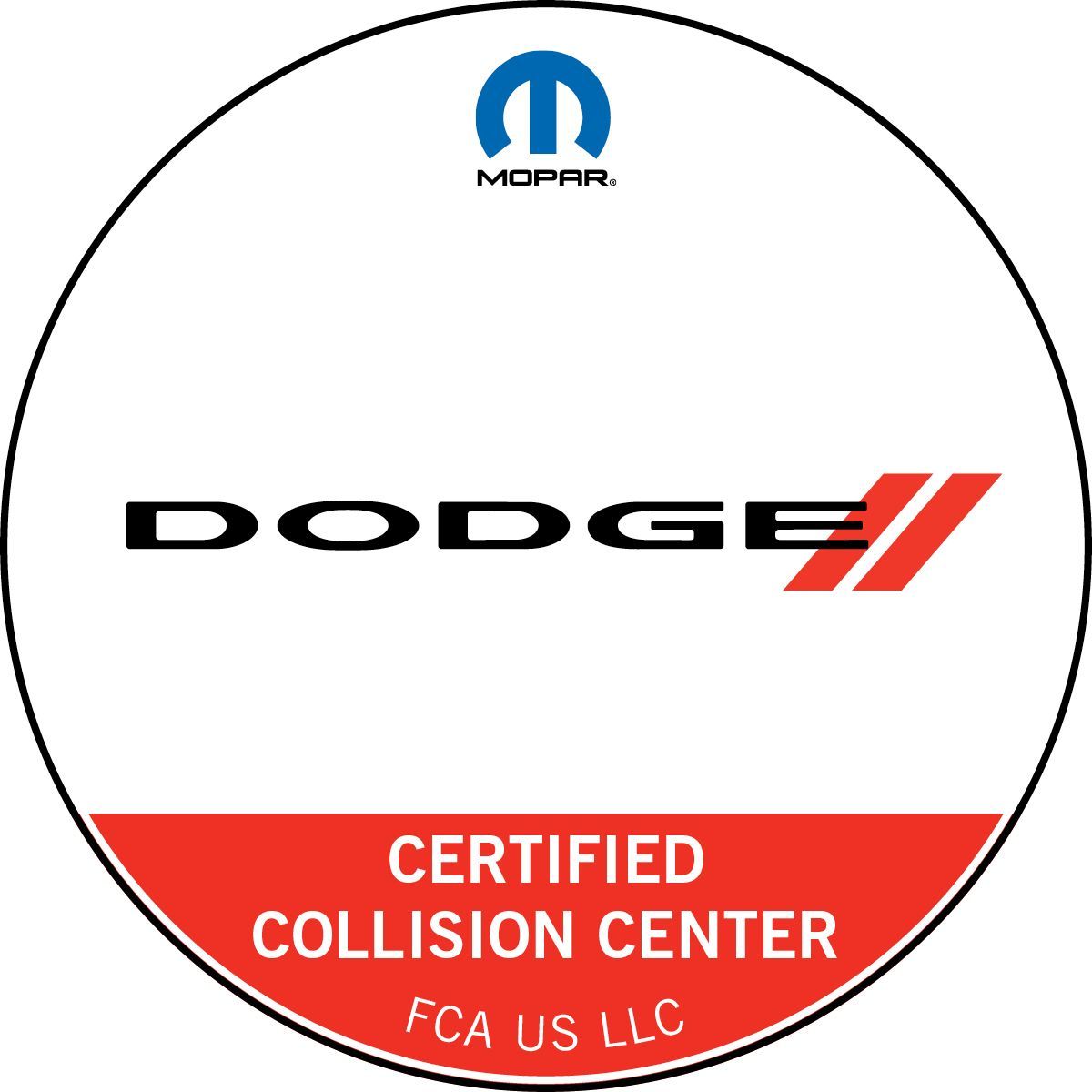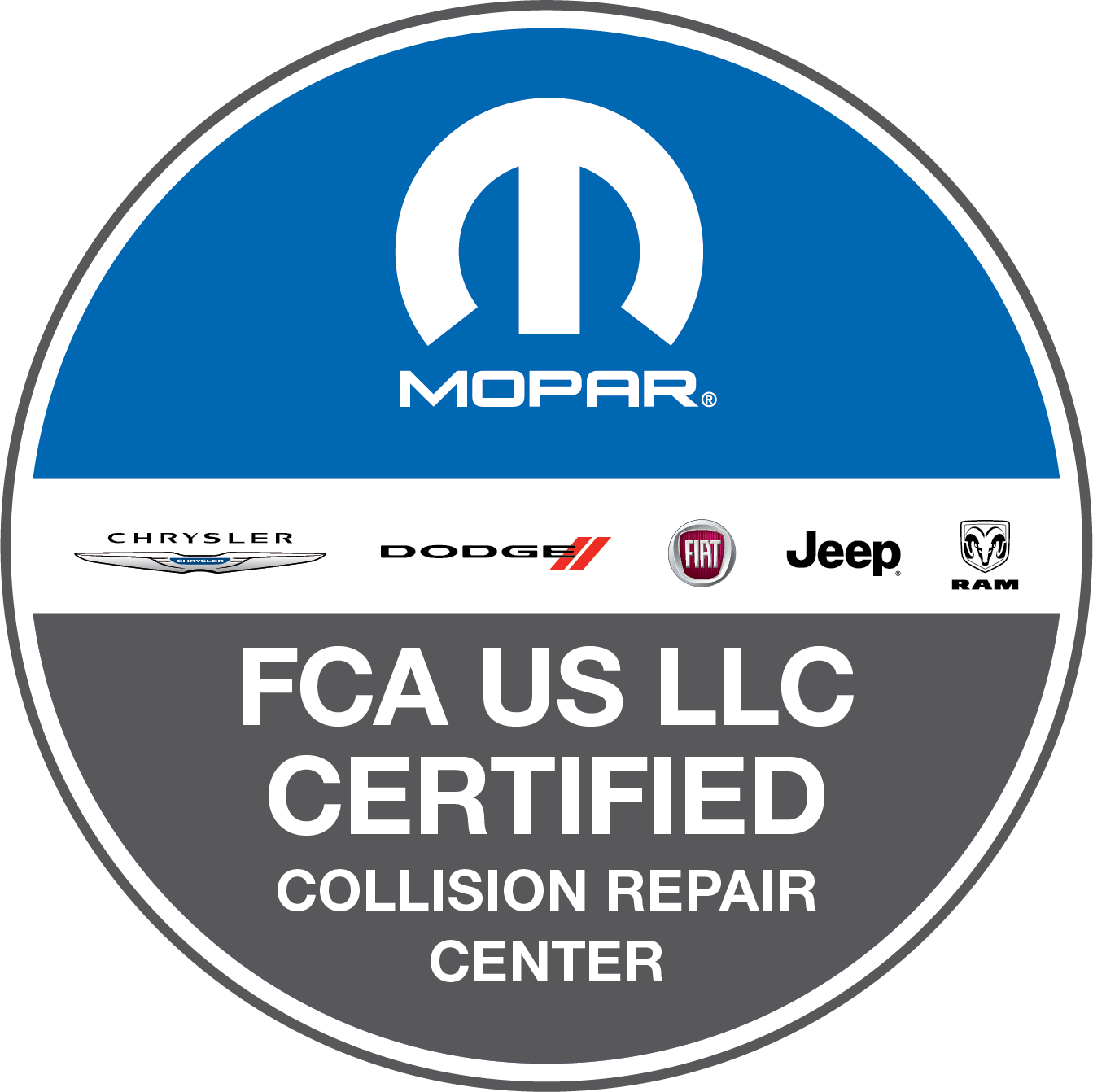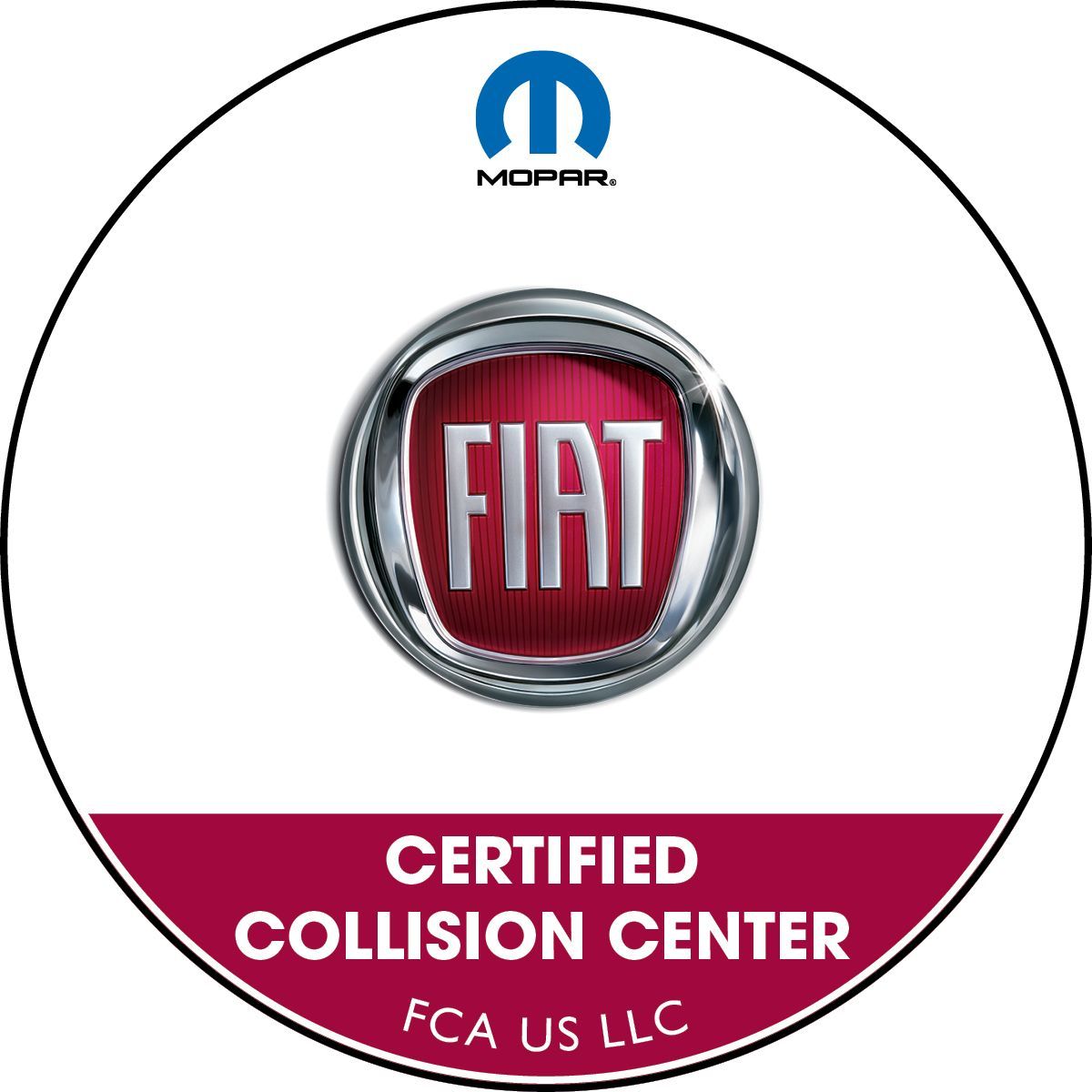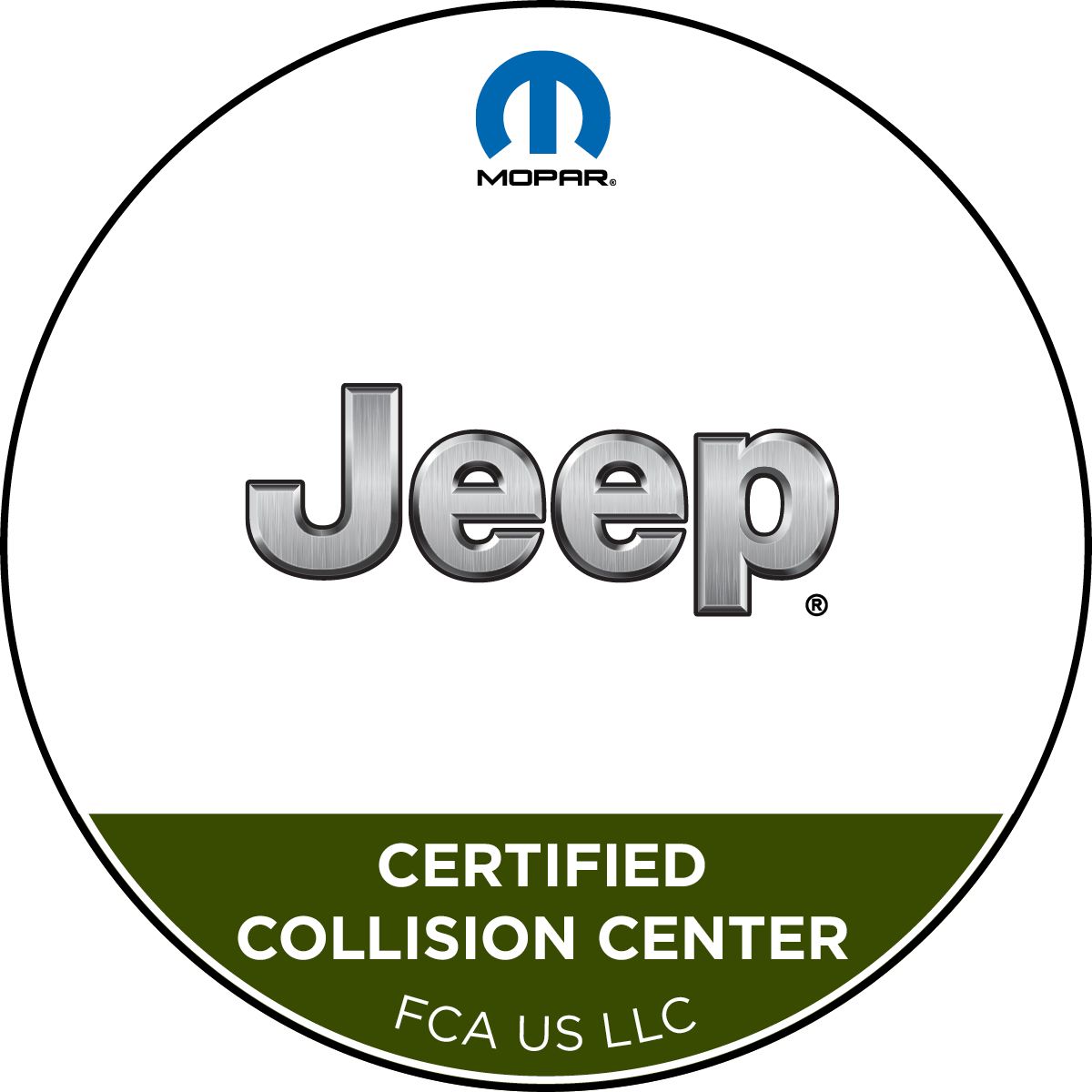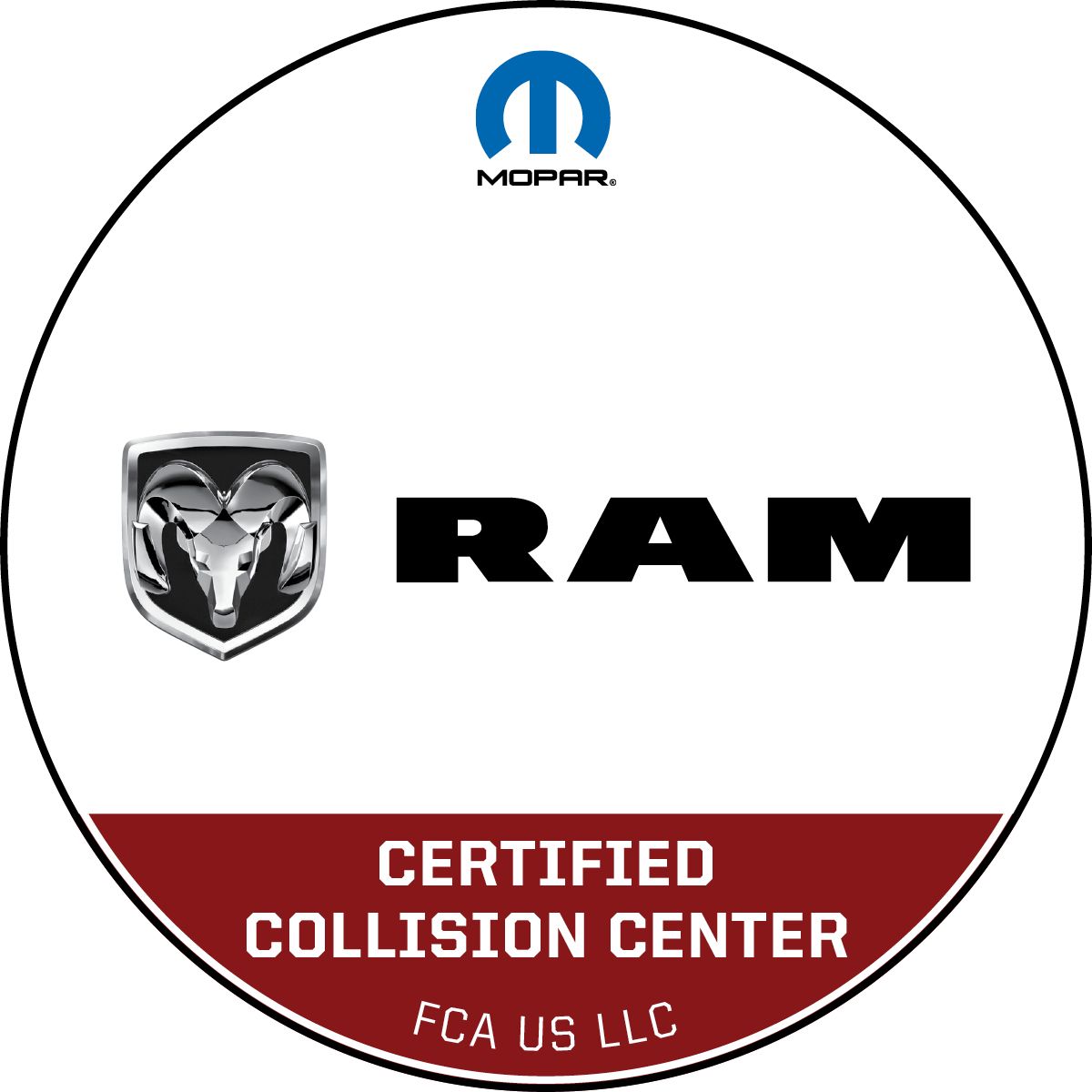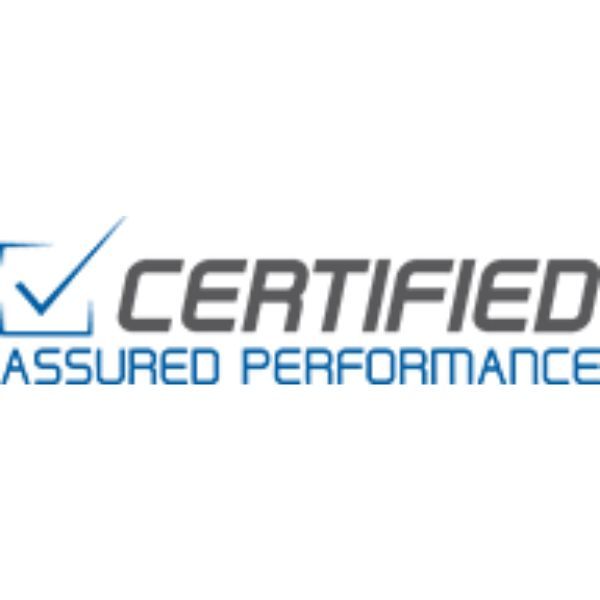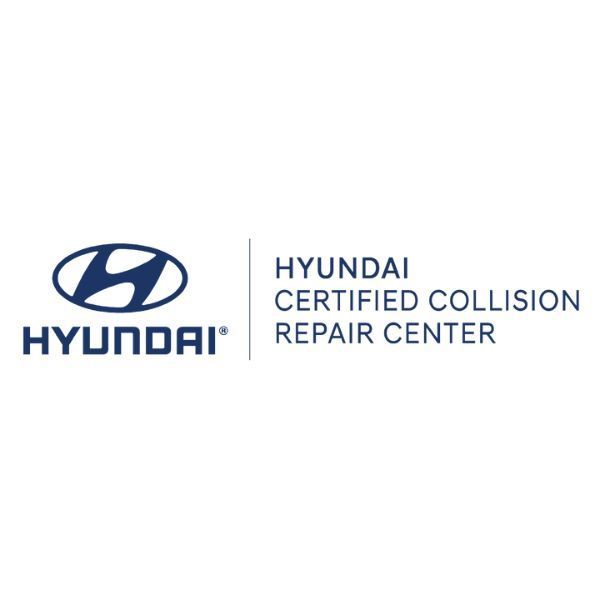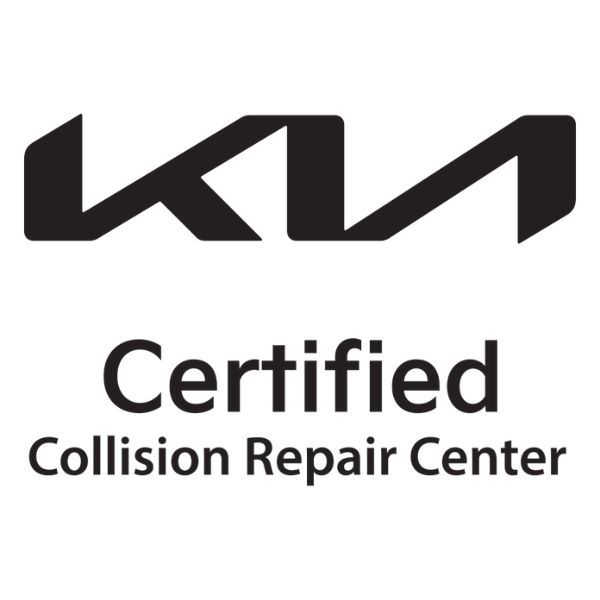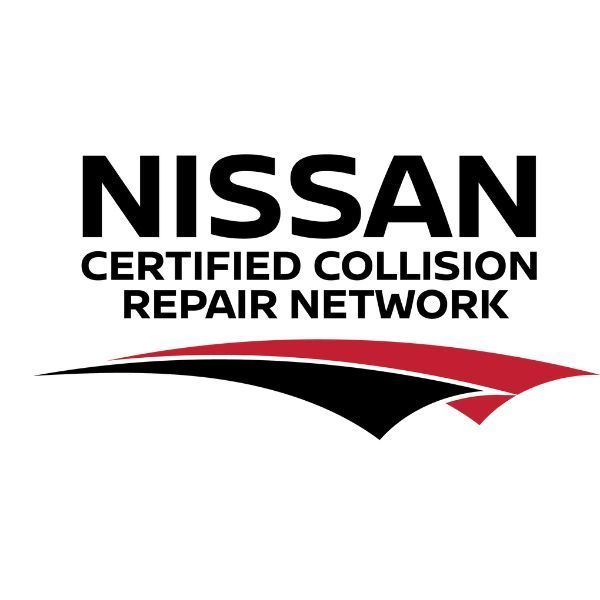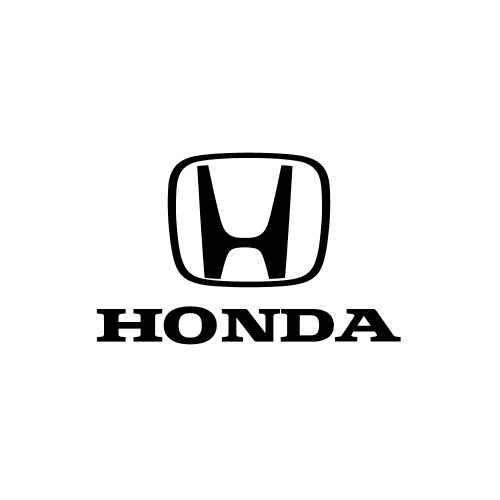The Role of OEM vs. Aftermarket Parts in Collision Repair
After a collision, one of the most important decisions you’ll face is what kind of replacement parts should be used to repair your vehicle. This often comes down to a choice between OEM (Original Equipment Manufacturer) parts and aftermarket parts. While both options serve a similar purpose, they differ in quality, compatibility, and cost and the decision can have a lasting impact on your vehicle’s performance, safety, and value.
At Morrow Collision Center, we’ve been restoring vehicles with precision and care for over 25 years. Based in Lincoln, NE, we help customers make informed decisions about their repairs and explain how the parts used can affect the outcome. In this blog, we’ll break down the difference between OEM and aftermarket parts and why it matters in the collision repair process.
What Are OEM Parts?
OEM parts are manufactured by the same company that built your vehicle. These parts are made to match the exact specifications of the original parts installed at the factory. OEM parts are designed for perfect fit, function, and compatibility with your vehicle’s make and model.
What Are Aftermarket Parts?
Aftermarket parts are made by third-party companies and are not produced by the vehicle’s original manufacturer. These parts are typically designed to be compatible with multiple makes and models, and they vary in quality depending on the brand.
Key Differences Between OEM and Aftermarket Parts
Let’s take a closer look at how these two options compare in the context of collision repair:
1. Fit and Compatibility
- OEM Parts: Guaranteed to fit your vehicle precisely, minimizing the risk of misalignment or installation issues.
- Aftermarket Parts: May not always fit as precisely, especially if they’re designed for multiple vehicle types. This can lead to additional labor time or the need for modifications.
2. Quality and Performance
- OEM Parts: Match the quality and materials of the original components, offering consistent performance and safety.
- Aftermarket Parts: Quality can vary by manufacturer, and some may perform just as well, while others may wear out faster or not meet the same safety standards.
3. Warranty and Insurance Coverage
- OEM Parts: Often come with a warranty from the manufacturer and are more likely to be covered by your vehicle’s original warranty.
- Aftermarket Parts: May have limited or no warranty and could potentially void certain aspects of your factory warranty.
At Morrow Collision Center, we work closely with your insurance company to determine what type of parts are covered under your policy.
4. Cost Considerations
- OEM Parts: Typically, more expensive due to the manufacturer branding and guaranteed fit. (If OEM Parts are preferred for better fitment and performance, the customer may be responsible for the additional out-of-pocket cost.)
- Aftermarket Parts: Usually more affordable, which can help lower out-of-pocket costs, especially if insurance doesn’t cover OEM.
So, Which Is Better?
There’s no one-size-fits-all answer. The right choice depends on your vehicle’s age, your budget, insurance coverage, and personal preference. For newer or high-end vehicles, OEM parts may be worth the investment to maintain factory-level performance and value. For older cars or minor repairs, aftermarket parts may offer a cost-effective solution.
At Morrow Collision Center, we walk you through your options and help you choose the parts that meet your needs, without sacrificing safety or quality.
Why Trust Morrow Collision Center?
Located in Lincoln, Nebraska, Morrow Collision Center is a family-owned and operated shop known for quality workmanship, transparency, and customer care. Whether we’re using OEM or high-quality aftermarket parts, our I-CAR certified technicians ensure your vehicle is repaired to pre-accident condition with precision and integrity.
We offer:
- Expert collision repair for all makes and models
- Limited Lifetime Warranty
- Paintless dent repair and full body work
- Frame straightening and unibody repair
- Help navigating insurance claims
- Free estimates and status updates throughout the repair
Get Back on the Road with Confidence
Choosing between OEM and aftermarket parts can feel overwhelming, but with the right collision repair team on your side, it doesn’t have to be. At Morrow Collision Center, we explain your options clearly and stand behind every repair we perform. Contact us today!
Share
More Blog Posts
